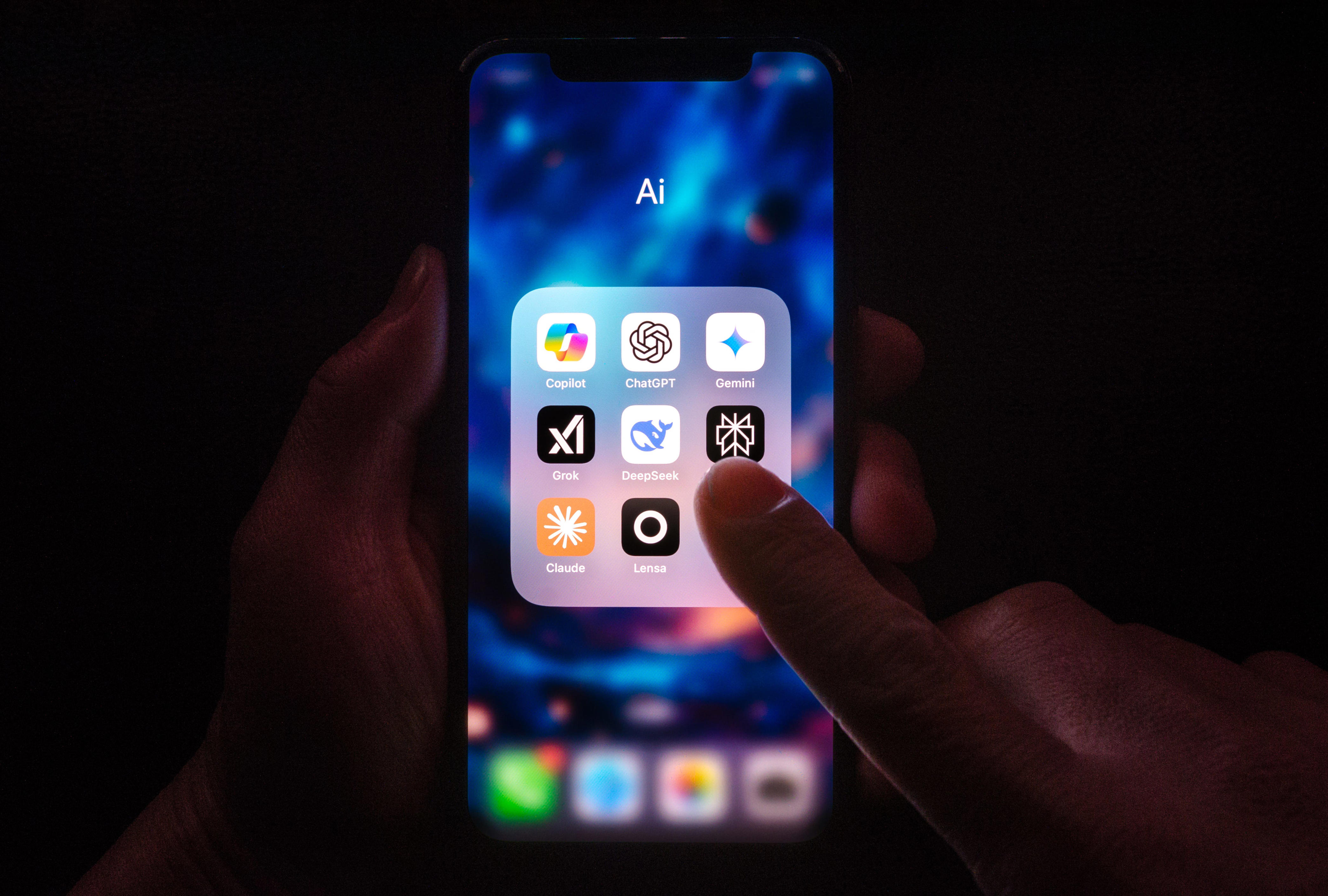Stop Using ChatGPT for These 11 Things Immediately

The Limitations of ChatGPT and When to Avoid Relying on It
ChatGPT has become a powerful tool that can assist with a wide range of tasks, from creating budgets and planning meals to helping with writing or coding. Its capabilities seem to expand every day, making it an attractive option for many users. However, despite its usefulness, there are certain situations where relying on ChatGPT can be risky or even harmful.
One of the main concerns with ChatGPT is that it can sometimes generate incorrect or misleading information, often referred to as "hallucinations." This means that it may present false facts as if they were true, which can be particularly dangerous in high-stakes scenarios. Additionally, since the model's training data may not always be up-to-date, it might not provide the most current or accurate information. This makes it essential to understand when it’s appropriate to use ChatGPT and when it’s better to seek alternative solutions.
Here are 11 situations where you should avoid using ChatGPT:
1. Diagnosing Physical Health Issues
While ChatGPT can help draft questions for your doctor or explain medical terms, it cannot diagnose health conditions. Using it to interpret symptoms can lead to unnecessary anxiety, as it may suggest serious conditions without proper context. For example, one user reported being told they might have cancer after describing a harmless lump. Always consult a licensed healthcare professional for accurate diagnosis and treatment.
2. Taking Care of Mental Health
ChatGPT can offer some guidance, such as grounding techniques, but it cannot replace the support of a trained therapist. It lacks the ability to understand human emotions, read body language, or provide genuine empathy. If you're struggling with mental health issues, reaching out to a licensed professional is crucial.
3. Making Immediate Safety Decisions
In emergencies, such as a carbon monoxide leak, ChatGPT cannot detect hazards or respond to urgent situations. It is important to prioritize immediate action, like evacuating or calling emergency services, rather than relying on AI for real-time safety decisions.
4. Getting Personalized Financial or Tax Planning
ChatGPT can explain financial concepts, but it cannot provide personalized advice based on your specific circumstances. It may lack the most recent tax regulations or financial data, which could lead to errors. For complex financial matters, consulting a certified professional is always advisable.
5. Dealing with Confidential or Regulated Data
Sharing sensitive information with ChatGPT poses risks, as it may store or use this data for future training. This includes personal documents, medical records, and other private information. Avoid inputting anything you wouldn’t share publicly.
6. Doing Anything Illegal
Using ChatGPT to engage in illegal activities is not only unethical but also risky. The model is not designed to assist with unlawful actions, and doing so could lead to serious consequences.
7. Cheating on Schoolwork
While ChatGPT can help with studying, using it to complete assignments or exams is considered academic dishonesty. Many educational institutions now have tools to detect AI-generated content, and the consequences can be severe.
8. Monitoring Information and Breaking News
Although ChatGPT can access current data, it does not provide real-time updates automatically. For breaking news or time-sensitive information, it is better to rely on official sources, news websites, or live feeds.
9. Gambling
ChatGPT may provide inaccurate sports statistics or other data that could mislead users. It cannot predict future events, and relying solely on its suggestions for gambling is risky.
10. Drafting a Will or Other Legally Binding Contract
ChatGPT can explain legal concepts, but it cannot create legally valid documents. Estate laws vary by location, and mistakes in legal paperwork can invalidate your documents. Always consult a qualified attorney for legal matters.
11. Making Art
While ChatGPT can assist with creative brainstorming, it should not be used to produce art that is presented as original work. Creativity involves human expression, and using AI to generate art without proper acknowledgment can be ethically questionable.
Post a Comment for "Stop Using ChatGPT for These 11 Things Immediately"
Post a Comment